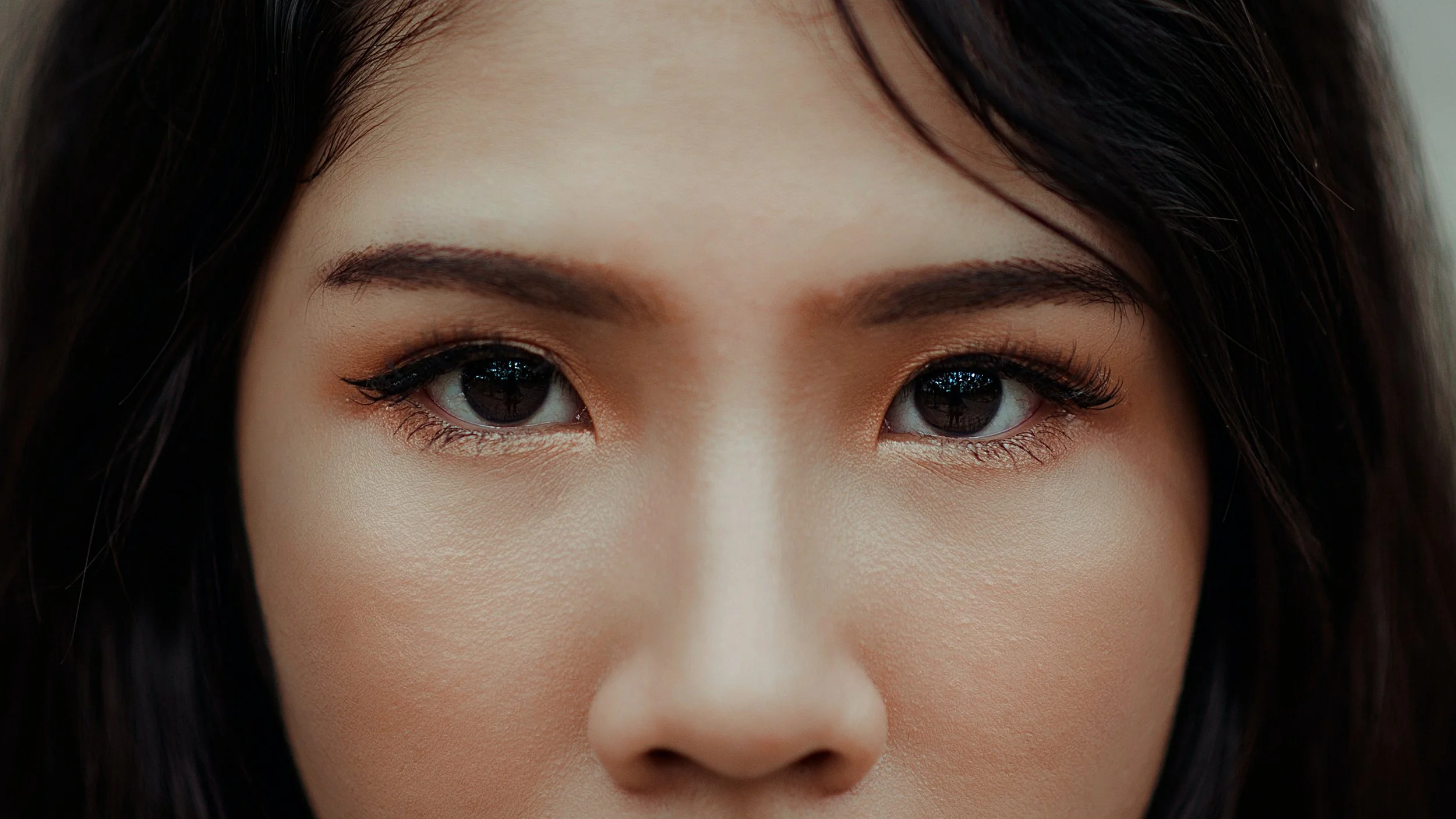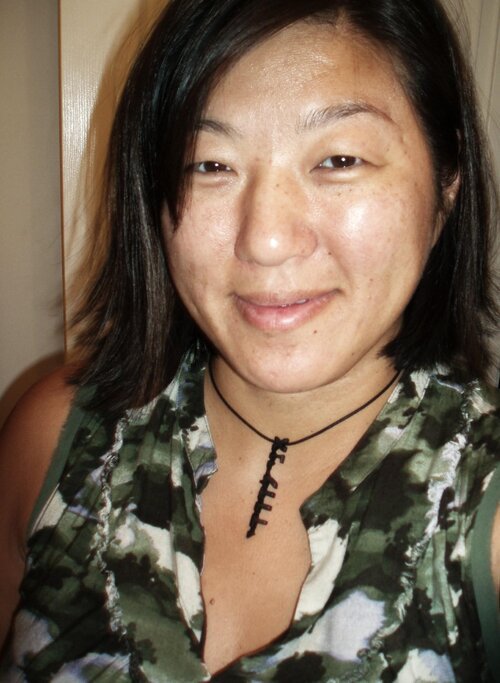Jesus Sees Us: A Reflection on the Atlanta Spa Shootings
By Robin Jester Wootton
This week, we mark the tragic anniversary of the Atlanta spa shooting. As noted in our Statement after the shooting, “Asian women in America are particularly targeted through racialization and sexualization, which in turn has led to their mass objectification, exoticization, and fetishization. When the term “massage parlor” is connected to Asians, especially Asian women, the term connotes a sense of hyper-sexualization.” Asian American women continue to suffer disproportionately from persistent anti-Asian racism; a recent study revealed nearly 3 in 4 Asian American women report experiencing racism in the past year.
In her lament and reflections below, Robin reminds us that while society may not see the full dignity and imago Dei of Asian American women, Jesus does.
T
he first tragedy of March 16 was the murder of eight people, including six Asian women. But inevitably, the second tragedy began to unfold, with the alleged connotations, implicit and explicit, that the women were sex workers because they worked in massage parlors, that they were the “cause” for the shooter’s “sex addiction.”
The hypersexualization of Asian women is not new. And I know it all too well. I know how it feels to think my sole purpose in existing is to pleasure men and cater to their fetishization of someone who looks like me. I know what it’s like to be seen as nothing more than a sex toy, a trinket, exotic, sensual, submissive, and sub-human. I hated the stereotype. I hated when I played the part. I felt trapped in a vicious cycle, incapable of silencing the self-loathing long enough to get clarity on how to get free.
The tragedy and following narrative of what happened in Atlanta last year helped me see that I am not alone but have been part of systemic discrimination, racism, sexism, and xenophobia that had clouded my ability to see me. In the year since, I have begun to see how much we need to better see ourselves and each other.
And I am reminded that Jesus also sees us.
Jesus saw and engaged with people with such compassion and care: the least of these, the ones with the most troubling pasts and socially unacceptable status.
The Bible has always told stories of “foreign women.” Rahab, Ruth, Naamah (wife of Solomon), the Samaritan woman. While these women were foreigners and outsiders, they found a place among the people of God and each of them became a part of the very line of Jesus himself. How could His heart not be for the women that came before him?
Jesus loves these women of ill repute, women at the mercy of an economy that allowed for the commodification of a human body, women who were told they are only good for one thing. Jesus loves the women working in massage spas. He loves women walking the streets. Jesus loves women who sit at hotel bars and make rent money. Jesus walks toward them. He asks them for a cup of water. He knows their embarrassment and grief. He knows the violence their bodies have endured, the verbal abuse they have endured, the societal vitriol they have carried for far too long. He knows their defenselessness, the way they have acquiesced to the shameful status that has been heaped on them. He knows it through and through. He carried their burdens to the cross.
And when these women fall on his feet and cry their washing tears and pour their precious oils, he calls them forgiven and pours out his peace on them. He defends them to the disgusted men with their cruel hearts. Jesus puts men in their place, for not being more kind, more compassionate, not giving honor where it was due, not defending honor where it had been lost. He restored the “sinful woman” and the women who came to him with all their sorrows. He rebuked the men who stood in condemnation or in silence. He told stories of a better way, a more just and bold way: defend the poor and widowed, the orphan, the fatherless. Jesus empowered women to tell their stories of how they have encountered him in their lives and how he has truly changed everything.
To my Asian sisters, these past years have been heavier than before. We have experienced the dark heart of a society that has labeled you, abused you, accused you, damaged you, killed you, and looked the other way. We have suffered greatly under the weight of racist, misogynist vitriol for too long.
We must work together to tell our stories of sorrow and injustices. We can hold each other up, instead of breaking each other down, being jealous or competitive, fighting over crumbs from a privileged table instead of building and sustaining our own tables.
It is our time to put our minds together. We can create a clear vision for all our communities as strong, resilient, and brave. We will continue to pour ourselves into the work of beauty and grace and courage for our families, for our mothers and daughters, on behalf of our Savior: a lover of women, friend of the stranger, warrior for justice and true peace. We cling to his feet, and he gives us strength to rise up and to bring healing to all with ears to hear.
Robin Jester Wootton is a wife, stepmom, and mom, currently church planting in Salt Lake City, UT. She has been in ministry for 15 years and a blogger for over 20 years, contributed to several print and web publications, covering life and faith, music and art, and comic books. Her deets are at linktr.ee/RobinJesterWootton.
Help us continue the work of empowering voices. Give today.


